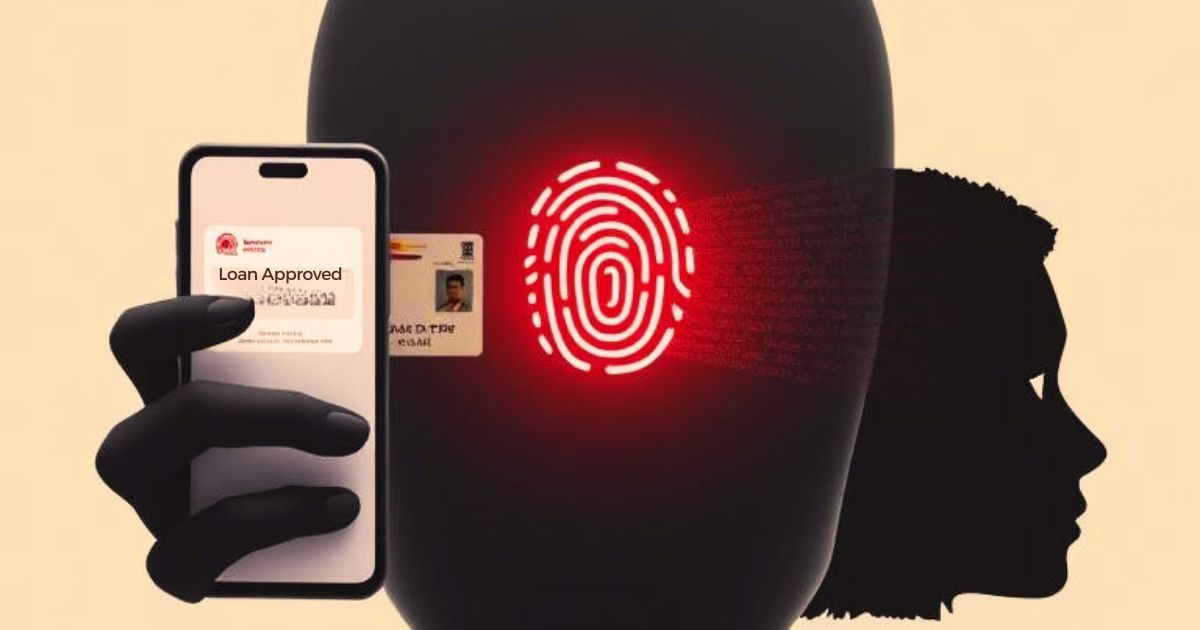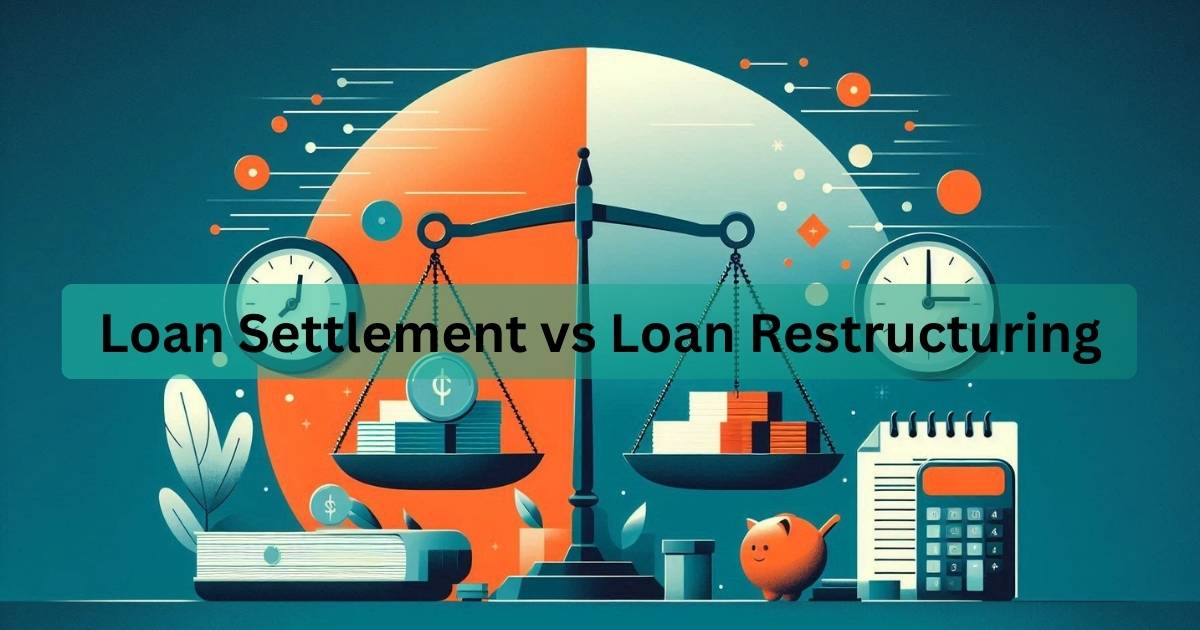· Loan Fraud · 5 min read
Bank Liability in Case of Third-Party Loan Fraud in India
Third-party loan fraud in India is rising. Learn bank liabilities, KYC failures, victim steps, and how to protect your credit and identity effectively.

When Someone Takes a Loan in Your Name
In cases of loan fraud, where the perpetrator ‘purchases’ a loan by providing forged (or genuine) documents such as a PAN card, Aadhaar, or bank details, the fraud is classified as third-party fraud. Victims of this type of fraud don’t usually become aware of the incident until they start receiving recovery calls or notices, or when they check their CIBIL report and discover a loan they do not recall taking.
As per the Indian Constitution, no individual can be held liable for an unpaid loan that they did not take out. The greater challenge, however, is the burden of proving that the debt isn’t theirs. The RBI has indicated that, in the event of a loan that is attributable to the bank’s own carelessness, the burden of proof falls on the bank. The fraud must be reported as quickly as possible to avoid claims of undue liability.
The Role of KYC Failures in Bank Accountability
KYC (Know Your Customer) regulations are strictly enforced by the Prevention of Money Laundering Act, 2002 and RBI’s Master Directions on KYC. These regulations are mandatory for all banks and NBFCs. A bank will be liable for any subsequent fraud if it fails to properly verify before disbursal of any loan.
For instance, if a fraudster uses a fake Aadhaar card, the bank should have verified the data biometrically. If they didn’t, they could be held liable for the fraud. The Supreme Court and various High Courts have ruled that failing to follow KYC norms is a form of negligence and can be seen as a deficiency in service. This means banks can’t blame the victim when things go wrong.
Steps to Take if You Are a Victim
If you find yourself the victim of loan fraud, here’s what you should do:
File an FIR
Report the fraud at your local police station or complaint at the National Cyber Crime Reporting Portal (cybercrime.gov.in). This creates an official record of the incident.Notify the Bank
Inform the concerned bank or NBFC in writing about the fraud. Include a copy of the FIR and an affidavit stating that you did not take out the loan.Dispute the Loan
The bank has to verify the contentious loan prior to its recovery efforts, according to RBI regulations. Simultaneously, lodge a challenge with credit information bureaus like CIBIL, Experian, Equifax, and CRIF Highmark to prevent further damage to your credit report.Monitor Your Credit
Ensure that the credit bureaus mark the account as fraudulent. If they don’t, follow up to have the record corrected.Compensation and Restoration of Credit Profile
Once investigations confirm that the loan was indeed fraudulent, the bank is obligated to:
● Close the loan account and stop any recovery actions.
● Rectify your credit report by removing the fraudulent loan.
● Compensate for damages, including mental harassment, if the bank was grossly negligent, such as by disbursing the loan without verification.You can go to the Banking Ombudsman (under the Integrated Ombudsman Scheme, 2021), who is supervised by the RBI, or go to the RBI with a consumer grievance under the Consumer Protection Act, 2019.
Preventive Tips for Safeguarding Your Identity
While banks are required to follow KYC norms, it’s also important for individuals to take proactive steps to safeguard their identity:
● Secure Personal Information: Never share Aadhaar, PAN, or bank details on insecure platforms.
● Regularly Check Your Credit Reports: Monitor your CIBIL, Experian, and other reports to spot any unfamiliar accounts.
● Enable Banking Alerts: Set up SMS and email alerts for all banking transactions to detect unauthorised activities early.
● Report Lost Documents Immediately: If any identity documents are lost or stolen, report them to law enforcement immediately.Conclusion
Third-party fraud is an offence damaging to persons, but it is equally a symptom of some grave issues with verification processes by banks. Indian banks are legally bound to maintain tight KYC standards and are legally liable to compensate for any lack of adherence through being answerable for any instance of fraud.
If you fall victim to this sort of scam, you must act quickly: inform the police, contest the hoax with your bank and credit agencies, and secure your funds and legal rights. Both individuals and entities must collaborate to combat this deception and ensure there is recourse.
Also Read: https://www.loansettlement.net/blog/handle-emi-defaults-avoid-legal-trouble/
FAQs
1. What is third-party loan fraud in India?
Third-party loan fraud occurs when scammers use stolen personal documents to take loans in someone else’s name without their knowledge.2. Is the bank responsible for third-party loan fraud?
Banks can be held liable if they fail to follow strict KYC norms and proper verification processes before loan disbursal.3. What should I do if I am a victim of loan fraud?
Immediately file an FIR, notify the bank, dispute the loan with credit bureaus, and monitor your credit report for corrections.4. How does KYC failure impact bank accountability?
Failure to follow KYC norms is considered negligence, making banks responsible for fraudulent loans due to improper verification.5. Can I get compensation if the bank is negligent in loan fraud cases?
Yes, banks must compensate for damages, including mental harassment, if gross negligence, like inadequate verification, is proven during investigations.


 (1).BBangNKS.jpg)
